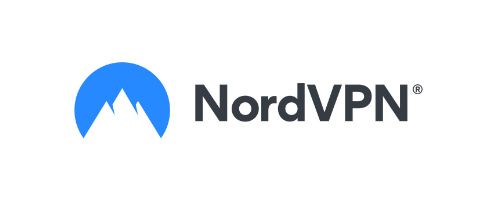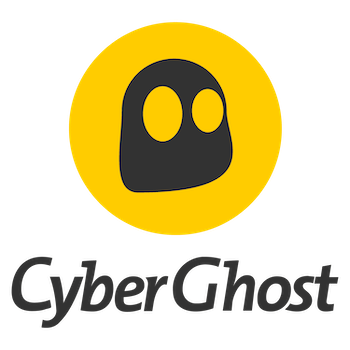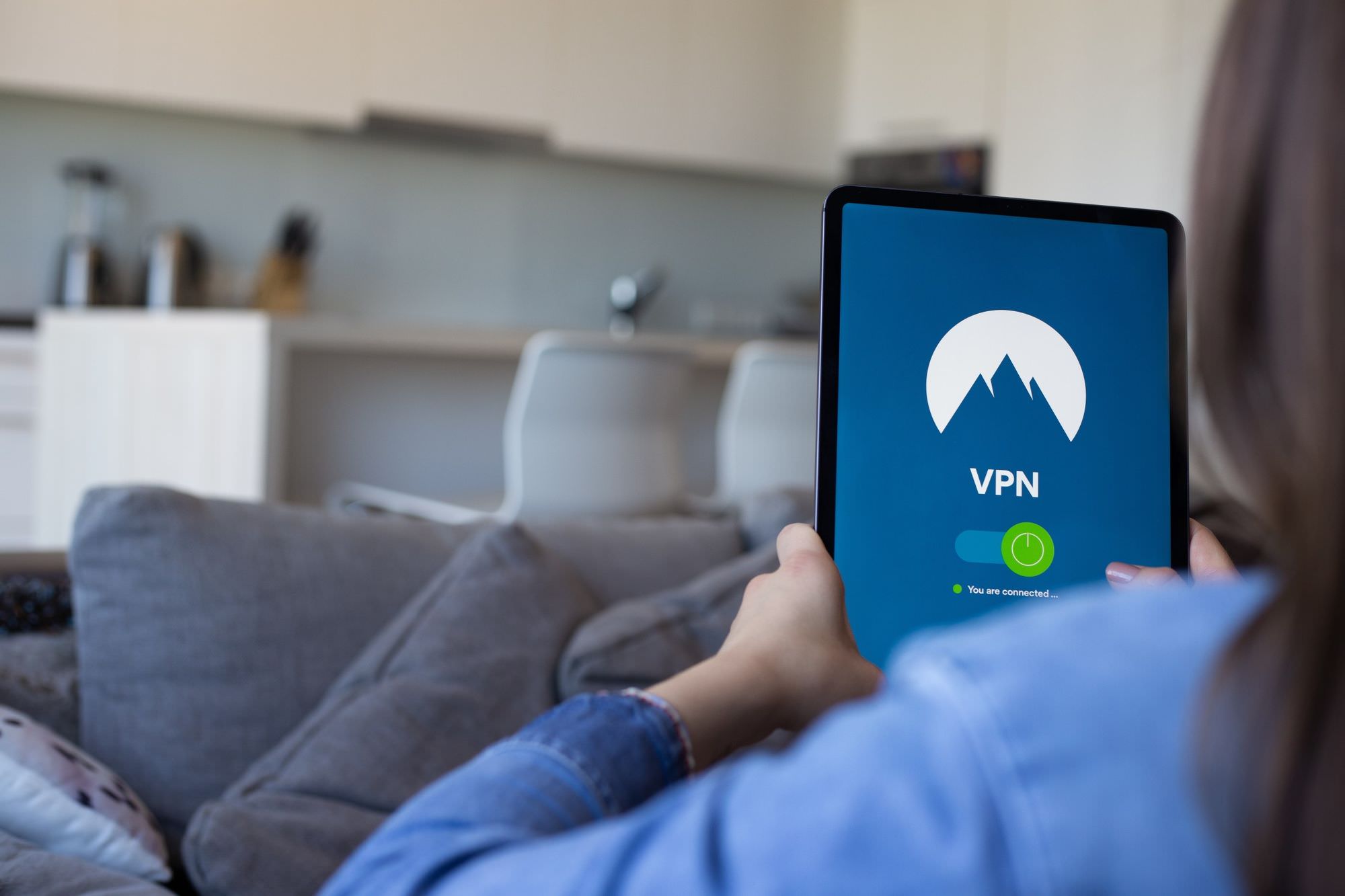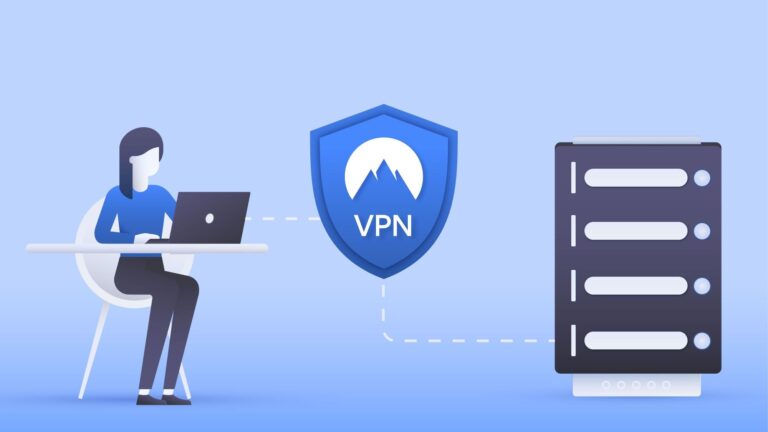Using a VPN (Virtual Private Network) for your web browsing, data storage, and other online activities is becoming increasingly popular due to the added level of security it provides.
If you’re considering making the switch, you may be wondering how these apps work. In this article, we’ll explore what VPNs are and how they provide increased privacy and security while surfing the web.
We’ll discuss topics such as the official website of each app, how data is securely encrypted when using a VPN, and much more. Let’s dive in!

NordVPN Special Deal
Get VPN protection from NordVPN, one of the most reliable VPN companies in the world, for just $3.99/month!
✅ Possibly, the best Double VPN implementation.
✅ Over 5000 servers in 60 countries.
✅ VPN split tunneling support.
What is the difference between a VPN server and a VPN app?
To understand the value of a VPN service, let’s first take a moment to understand the two main pieces that make this technology possible: the server and the client application.
A VPN server is simply a computer that is configured to run some specialized applications that allow incoming connections to be securely encrypted, while the VPN app is a piece of software that you install on your device.
The main difference between the two is that a server can accept multiple connections from different users, whereas an app is designed to only work with one specific device.
With both pieces in place, you can now become anonymous online and enjoy relatively unrestricted access to global content!
But this is a very simplistic view of how VPNs work. To get a more profound understanding, let’s talk about the encryption technology behind it.
How does data encryption with a VPN work?
When you connect to a website or online service over the Internet, your data is sent across the network in plain text. This means that anyone can intercept and read this data if they have access to the network.
To protect your data from interception, a VPN uses encryption technology. This means that all the data sent between your device and the VPN server is encrypted so that any third parties trying to spy on it cannot read or intercept it.
The level of encryption used depends on the protocol being used, but generally speaking, it should be strong enough to prevent any unauthorized access.
The big benefit of routing all your data through this encrypted tunnel is that all of a sudden, your online activity becomes invisible to anyone trying to track it.
This makes it much harder for ISPs and governments to monitor your web browsing, allowing you to access content that might otherwise be blocked or censored.
It’s also a great way to securely store data in the cloud, since all of your files are encrypted when transferred between different servers.

The Best VPN Deal You Can Find Anywhere!
Get a VPN that lets you use an unlimited number of devices, offers amazing security features and has an unbeatable offer!
82% off + 2 Months Free
- Unlimited Devices
- Ad & malware blocker
- Cookie pop-up blocker
- Two-Factor Authentication
- 24/7 support
- $2.49/Month!
Who needs a VPN app?
Whether you’re looking to maximize your online privacy or seamlessly access geographically restricted content, a VPN can be the answer.
With a VPN app, anyone who wants an extra layer of security while browsing, streaming, and downloading can utilize reliable encryption protocols and data tunneling technology.
And if you want to keep all your activities even more secure, you can configure your VPN server for added control over your data. Get yourself a top-tier VPN app and have the total peace of mind that comes with privacy today.

Special offer for our readers – 3 Months Free!
Get the best rated VPN service in the world with a special offer just for the readers of PrivacyTutor!
Can you use a VPN without an app?
It is impossible to use a Virtual Private Network (VPN) without an app.
That’s because VPNs require specialized software to establish a secure connection with the internet.
The apps have advanced encryption protocols that offer enhanced security and privacy, so it’s well worth investing in such a service.
Plus, modern VPN apps are designed for ease of use and come with intuitive interfaces that make setting up the connection relatively straightforward.
Even if you’re not tech-savvy, it is possible to select the most appropriate settings within the app.
So, although you can’t use a VPN without an app, rest assured there are plenty of options available that will get you up and running in no time!
Are the VPN apps secure?
When it comes to the security of VPN apps, you’re only as secure as the company that made it.
Most companies offer audits to verify their claims, but these don’t usually include checks on the source code.
For open-source apps that connect to your server, things are more reliable since the open-source community takes responsibility for them.
So if you want greater peace of mind, go with an app that has a proven security record.

The best VPN with static IP
Get a VPN that lets you protect up to 7 devices, offers amazing security features and has an unbeatable offer!
83% OFF to the 2-years plan + 2 extra months for free
Only $2.29/Month!
Can you use an open-source app with a VPN service?
Working with an open-source app and VPN service can be a tricky business, but it is possible if you know what you are doing.
I’ve managed to make it work for NordVPN and WireGuard, but ultimately, I found the benefit to be somewhat questionable since you have to rely on a third party to provide the VPN service.
While useful for people who want to gain access to new features that are not available in their regular VPN app or to fine-tune their experience, this connection only works with one server and does not provide the same variety of choices as a standard VPN app.
My advice would be to go all in with a trustworthy VPN service or configure a VPN server and use an open-source client.
Can you hide the use of a VPN app?
As a VPN user, I sometimes get frustrated by some random website or even an established one that detects my VPN application and I have to either reset my connection to a different VPN server or disable the VPN altogether.
The good news is that there are ways to hide the use of a VPN app, like using OpenVPN as your connection protocol or switching between several different servers frequently.
Or, you could use a feature present in some VPNs called “obfuscation”, which disguises your VPN traffic as normal HTTPS traffic.
And if you’re looking for even more privacy, I recommend using a service with built-in anonymity features like NordVPN’s Onion over VPN that provides the highest level of encryption and keeps all data secure.
But at the end of the day, there is no true way to hide when you are using a VPN app. Even with this inconvenience, the extra security that a VPN provides is well worth it.

Common features in a VPN app
As technology advances, so do the features of VPN apps.
Most VPNs now offer additional features that enhance the level of security and privacy when connecting to the internet.
Encrypted DNS is a feature that allows users to make sure that their web requests travel through an encrypted server before being sent out, ensuring private information isn’t accessible by malicious forces.
Similarly, malware and adware blocking keep users safe from malicious assaults as well as unwanted advertisements.
NordVPN and Surfshark go even further and offer bundled services such as password managers, private information scanning, antivirus software, and secure online storage – all easily accessible from within one platform.
It’s clear that we’re going to continue seeing an evolution in the realm of VPN apps in the upcoming years, and these will provide excellent levels of online privacy for everyday users.
What are the best VPN apps?
If you’re looking for the best VPN apps, then look no further.
As someone who’s tried out quite a few, here are my top 3 list of recommendations.
First, there’s NordVPN; it’s been around since the early days, and they have a great reputation when it comes to privacy and security.

Special VPN Deal
Get VPN protection from NordVPN, one of the most reliable VPN companies in the world, for just $3.99/month!
Next up, we have ExpressVPN; by far one of the best-rated providers out there. It’s slightly more expensive than some of its competitors, but you get what you pay for – reliability and great support for all major OSes like Windows, macOS, Android, and iOS.

Special offer for our readers – 3 Months Free!
Get the best rated VPN service in the world with a special offer just for the readers of PrivacyTutor!
Lastly, there’s Surfshark – another reliable provider that isn’t as expensive as ExpressVPN yet still offers unlimited device connections and good security. All three of these are excellent choices if you need the best VPN apps!

The Best VPN Deal You Can Find Anywhere!
Get a VPN that lets you use an unlimited number of devices, offers amazing security features and has an unbeatable offer!
82% off + 2 Months Free
- Unlimited Devices
- Ad & malware blocker
- Cookie pop-up blocker
- Two-Factor Authentication
- 24/7 support
- $2.49/Month!
Conclusion
With a VPN app, you can enjoy the highest level of security and privacy while browsing online. It is important to choose an app that has features like encrypted DNS, malware/adware blocking, bundled services such as password managers, and antivirus software for maximum protection.
The evolution of VPN apps lately provides users with excellent levels of online privacy – making sure your data remains safe from malicious forces or unwanted advertisements. With these tips in mind, now you’re ready to go out there and find the perfect VPN app for your needs!









